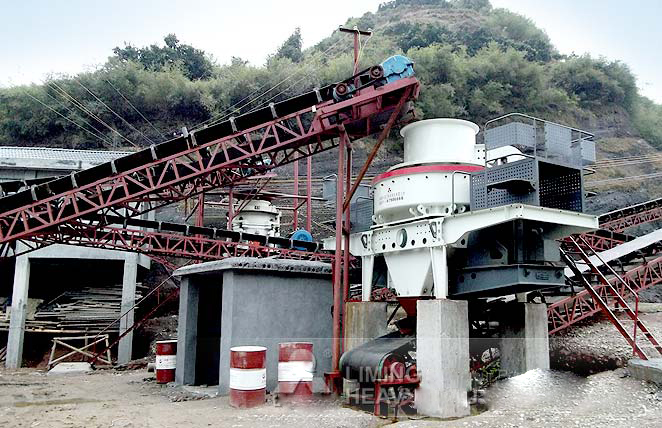Here’s a structured overview of a manganese ore processing plant, covering key stages from mining to final product:
—
1. Mining & Extraction
- Methods: Open-pit or underground mining, depending on ore depth.
- Ore Types:
- Primary Crushing: Jaw crusher reduces large chunks to ~150mm.
- Secondary Crushing: Cone crusher further breaks down to ~25mm.
- Screening: Vibrating screens separate sizes for efficient processing.
- Used for coarse manganese particles (e.g., pyrolusite).
- Equipment: Jiggers, spiral concentrators.
- For magnetic ores (e.g., manganese carbonate).
- Low-intensity magnets remove iron; high-intensity separates Mn minerals.
- For fine-grained or complex ores.
- Chemicals: Collectors (fatty acids) float Mn minerals; depressants (starch) suppress impurities.
- Removes clay/silt adhering to ore (for weathered deposits).
- Leaching: Acid (H₂SO₄) dissolves Mn from low-grade ores.
- Electrowinning: Manganese sulfate solution is electrolyzed to produce pure Mn metal.
- Blast furnace/electric arc furnace reduces ore with coke/coal at high temps (~1200°C).
- Products:
- Waste slurry is stored in lined ponds; water recycled.
– High-grade (>35% Mn): Direct shipping possible.
– Low-grade (<10% Mn): Requires beneficiation.
—
2. Crushing & Screening
—
3. Beneficiation (Upgrading)
Gravity Separation

Magnetic Separation

Flotation
Washing & Scrubbing
—
4. Hydrometallurgical Processing (Optional)
—
5. Smelting (For Ferromanganese/Siliconanganese)
– Ferromanganese (~80% Mn, ~15% Fe).
– Siliconanganese (~65% Mn, ~20% Si).
—





Leave a Reply